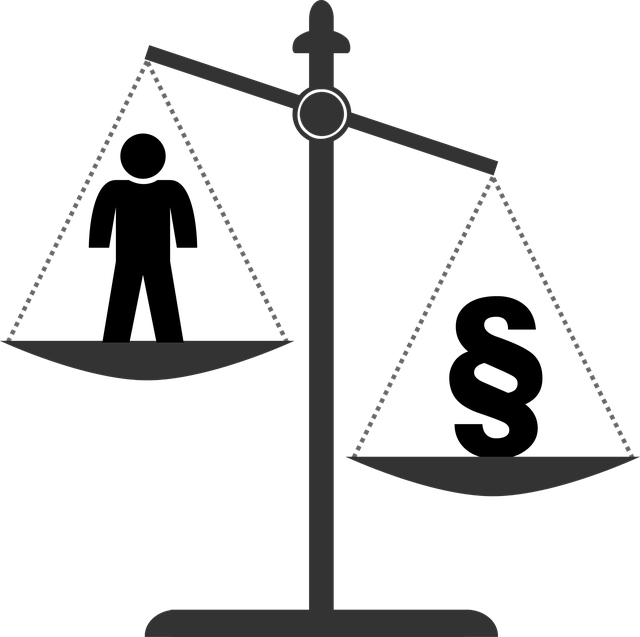Oregon probate courts require legal representatives to possess deep knowledge of court procedures, state regulations, and complex estate documents like wills and trusts. The process involves filing meticulous paperwork, court hearings, understanding timelines, and open communication between lawyers and clients. Efficient case management, including record-keeping and organized file management, is vital for navigating these complexities. Clients can better manage the process with practical tips, a competent team, proper documentation, and organizational strategies, ensuring a streamlined experience in probate court Oregon.
Oregon’s probate court procedures can be complex, but understanding them is crucial for effective representation in estate matters. This article guides lawyers and clients through the intricacies of Oregon probate court, offering insights on navigating this process efficiently. We explore strategies for successful representation, including preparing for hearings, presenting evidence, and communicating with the court. Additionally, practical tips are provided to help clients understand their rights and responsibilities during this emotionally challenging time, ensuring a smoother journey through the probate process in Oregon.
- Understanding Oregon Probate Court Procedures
- Effective Representation Strategies for Lawyers
- Practical Tips for Clients Navigating the Process
Understanding Oregon Probate Court Procedures

Oregon probate courts handle matters related to the distribution of a deceased person’s estate, making it crucial for legal representatives to have a solid understanding of court procedures. These proceedings can be complex, with specific rules and regulations that must be followed precisely. By familiarizing themselves with the local laws, attorneys can ensure effective representation for their clients involved in probate cases.
The first step in navigating Oregon probate court is to file the necessary documents, including petitions, affidavits, and any supporting paperwork. This process requires attention to detail and knowledge of the appropriate forms. Once filed, the court will schedule hearings, during which all parties involved can present their arguments and evidence. Understanding the timeline for these proceedings is vital, as it allows for efficient case management and prepares legal representatives to meet deadlines.
Effective Representation Strategies for Lawyers

In Oregon probate courts, effective representation strategies for lawyers are pivotal to ensure a smooth and just process for all parties involved. One key strategy is to thoroughly understand the intricate rules and regulations that govern probate proceedings in Oregon. This includes being well-versed in estate planning documents such as wills, trusts, and powers of attorney, which can significantly impact the court’s decisions.
Additionally, lawyers should foster open communication with clients, carefully listening to their goals and concerns. By integrating these client preferences into their legal strategies, attorneys can provide tailored representation. Effective case management, including meticulous record-keeping and organized file management, is also essential. This ensures that all relevant information is readily accessible, facilitating efficient navigation through the complex probate court procedures in Oregon.
Practical Tips for Clients Navigating the Process

Navigating the Oregon probate court process can be daunting for clients, but with some practical tips, they can better understand and manage this critical phase. Firstly, it’s crucial to assemble a competent team, including an experienced attorney who specializes in probate matters. This expert will guide clients through the complex legal landscape, ensuring all necessary paperwork is correctly filed and deadlines are met.
Clients should also be prepared to gather essential documents, such as wills, trusts, and financial statements. Keeping detailed records of assets, debts, and beneficiaries can streamline the process. Additionally, staying organized by maintaining a chronological log of court interactions will help ensure everything is in order when presenting the case before the Oregon probate court.






